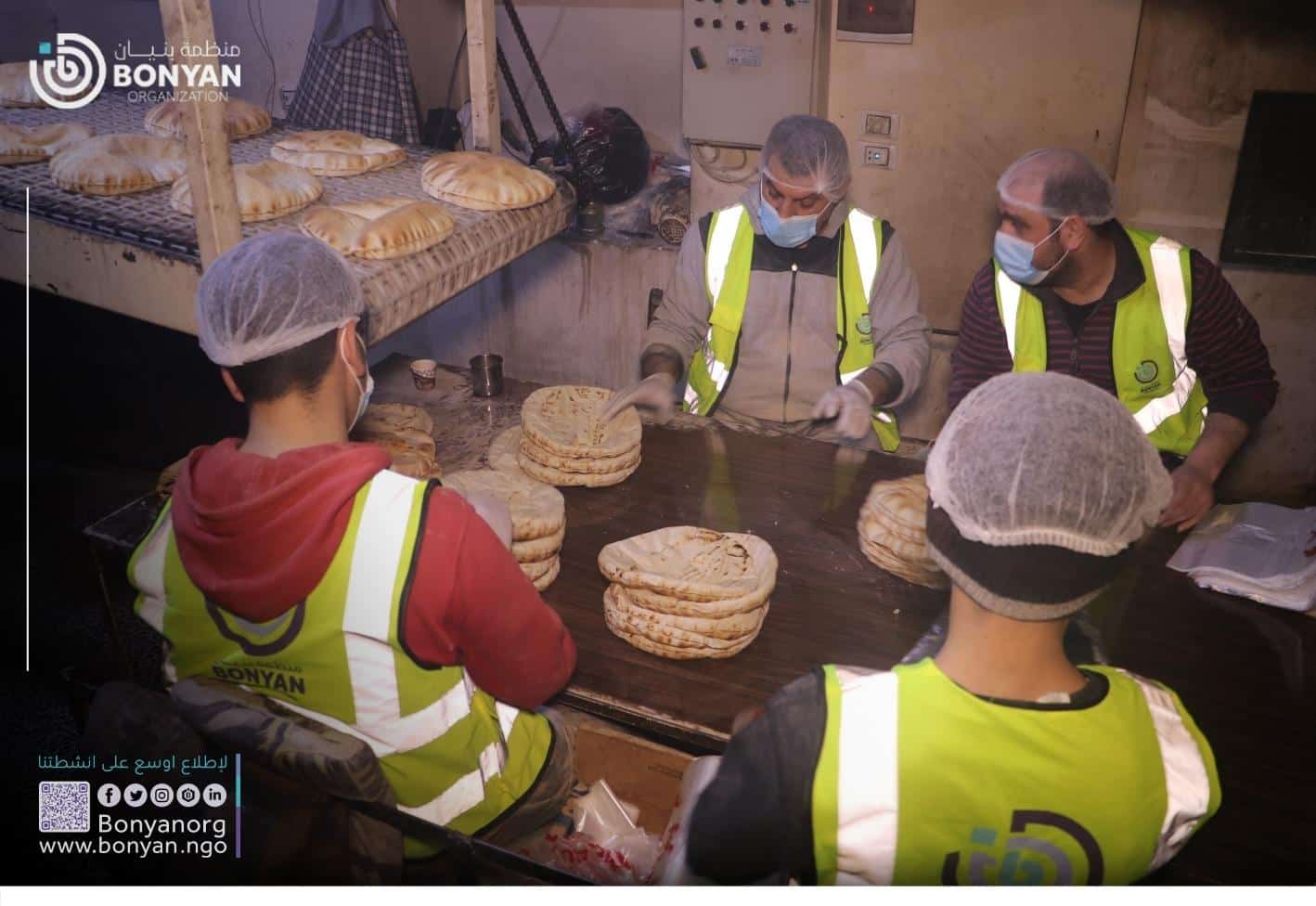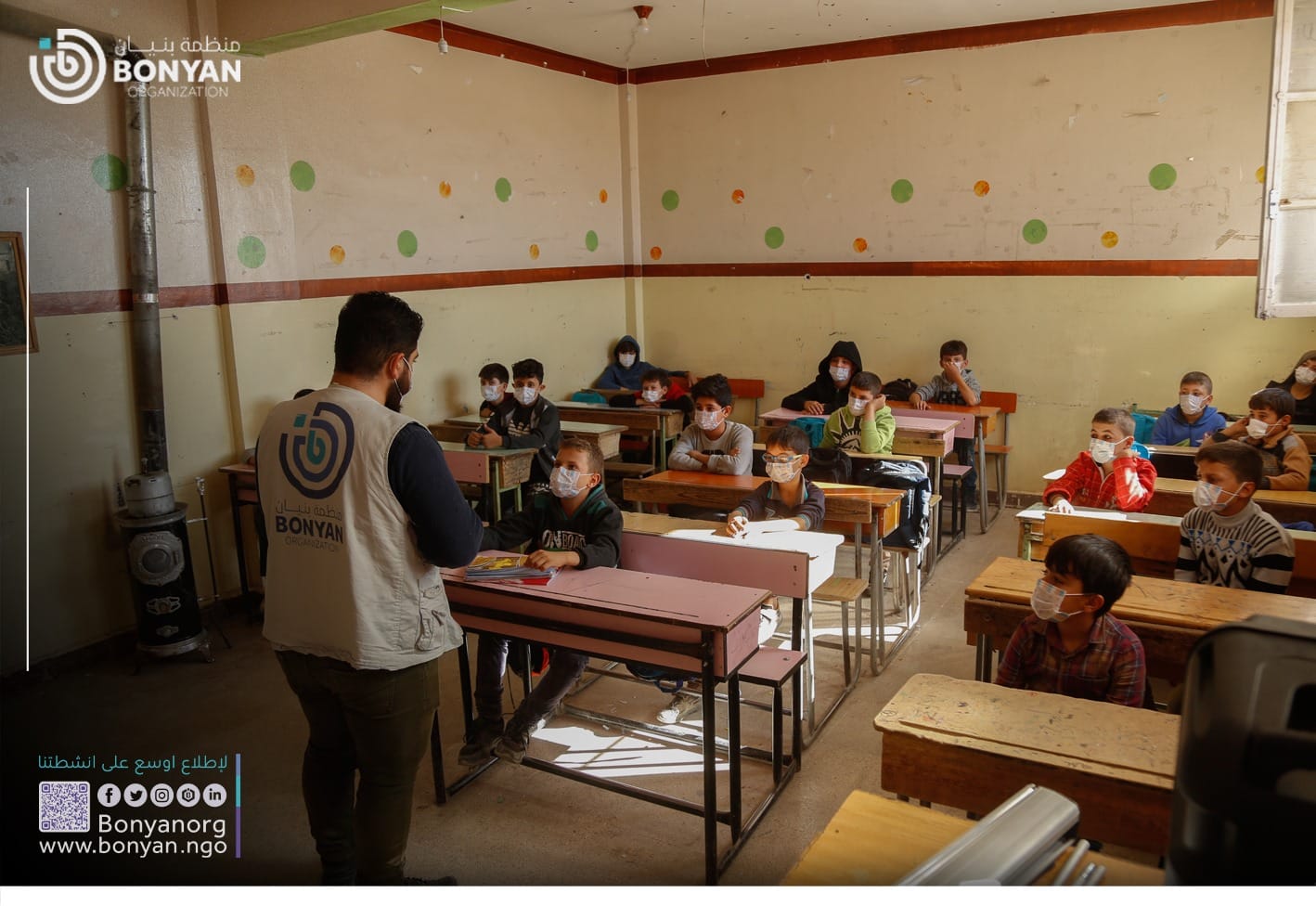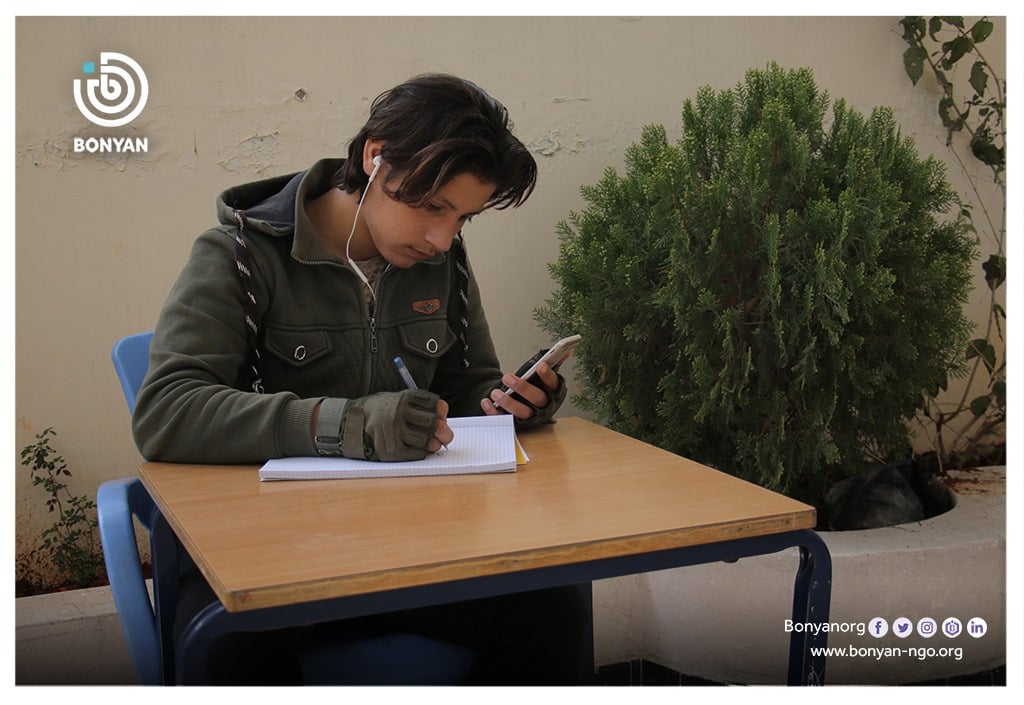Zakat in Islam
Zakat is a well-known Islamic finance term and one of the Five Pillars of Islam. It is regarded as a form of worship, and it is a mandatory process for Muslims.
Zakat is a certain proportion of wealth made to purify all wealth held above the Nisab threshold value, which Muslims are obliged to donate every year.
Zakat is paid out at the end of the lunar year, where the calculations on any leftover wealth are made. Zakat is based on the income of the person and the value of their possessions.
Sadaqah in Islam
Sadaqah is a simple act of Kindness, a generous gesture made with the intention of helping others and being close to Allah the Most Merciful.
Sadaqah is not an obligatory payment; on the contrary, Sadaqah is a voluntary charitable act toward others, whether through generosity, love, compassion, or faith.
In Islam, giving Sadaqah doesn’t mean giving a good amount of money to poor and needy brothers only. It is all the good deeds Muslims can do for their fellow brothers, like; spreading knowledge, Giving sincere advice, Giving a helping hand, sharing food, and even smiling at your Muslim brother, is considered Sadaqah.

Sadaqah Wajibah in Islam
It is a charity that is binding in nature. This form of Sadaqah is similar to Zakah in that it must be spent on the same categories as defined by the Qur’an, except that it is not a condition for the beneficiary to be Muslim. This type of Sadaqah includes; Sadaqatul Fitr, Nadhr, Fidyah, Kaffarah, Udhiyyah.
Sadaqah Nafilah in Islam
This is a charity that is not binding but is optional. This type includes alms given to remove difficulties, philanthropy, and the general giving of any Halal item to anyone.
Sadaqah Nafilah does not need to be spent on the specified categories to be rewarding, nor does it have to be spent on Muslims, although it would be more rewarding if spent on poor Muslims.
The following are types of Sadaqah Nafilah
- Sadaqah Lillah, Waqf, and Aqeeqah.
- Sadaqah for the upliftment of difficulties.
- Sadaqah for the expiation of sins.
- Charity above the amount of Zakat and Sadaqah Wajibah.
Sadaqah Jariyah in Islam
Sadaqah Jariyah is a charity that continues to benefit people long-term and earn the giver rewards even after death. Acts of Sadaqah Jariyah like;
- Providing clean water, like; donating water well, for example.
- Sponsoring an orphan.
- Planting trees and crops.
- Building an establishment like; schools, hospitals, or Masjids.
- Providing education for free.

Help Orphans in Islam
Providing and caring for orphans is a great deal in Islam. It is so significant that Allah mentioned orphans in the Qur’an at least 25 times! In addition, the Prophet (peace be upon him) reminded us of the virtues of caring for an orphan.
Currently, there are more than 153 million children worldwide who are orphans. Of these, 23 million are “double orphans.” and have lost both of their parents.
As Muslims, it is our duty to ensure that orphans are cared for and supported; financially, emotionally, psychologically, and physically and to make sure they are well-nourished, well-educated, and well-raised.
Our Beloved Prophet (PBUH) said “The one who cares for an orphan, and myself will be together in Paradise like this’ and he held his two fingers together to illustrate.”
[Bukhari].
Helping and providing for orphans hold great rewards for Muslims, like;
- Muslims will have the best house, a Paradise as big as skies and lands combined.
- Muslims’ wealth will be blessed.
- Supporting an orphan is the ultimate form of continuous charity.
Helping Family in Need in Islam
Muslims, by nature, help anyone in need. Muslims are obligated by Islamic law to help all people who need help. It is not limited to Muslim brothers only. It is for all humanity.
Islam teaches that generosity, humility, and empathy can solve most of the world’s problems.
For Muslim communities, one of the best ways to give charity is to give a helping hand wherever you can, whether by donating their time, money, or knowledge.
Anyone who wishes to reach out and help a family in need can turn to one of the Islamic charities; religious and social services institutions that help needy families in the community.
The primary purpose of all forms of Islamic charity is to help alleviate poverty and hardship by looking after low-income families and individuals who cannot look after themselves, such as orphans, widows, or families of the elderly.
Waqf in Islam
Waqf “endowment” is an Islamic term commonly known in the Muslim Ummah. It refers to the idea that Muslims are granted wealth, land, or property to keep them in use for their community.
There are many different types of waqf in Islam. The most common ones are:
- Waqf of money or property is given to a person or an institution.
- Public utilities like mosques and schools.
- Social services such as soup kitchens, orphanages, and homes for pilgrimage.
- Infrastructure like roads and bridges.
- Agricultural lands are leased out for farming, with the sole condition being that they should be used for purposes beneficial to fellow Muslims.

Udhiyah in Islam
“Udhiyah” comes from the Arabic word for “sacrifice” This is the event that occurs once a year, during Hajj, when Muslims slaughter an animal and distribute its meat to the needy.
Meat is a sacrificial animal that a person can offer to Allah. According to Quran, it is one of the five animals Muslims are permitted to consume.
The sacrifice is intended to remind the believer of his duty to God by sacrificing something valuable. The meat from the sacrificed animal may be consumed only within the family or given away to neighbors and relatives. It might be donated to charity; storing it for an extended period of time is not permitted.
A Muslim who wants to do an Udhiyah has to meet several conditions;
- An animal must be slaughtered by a Muslim and given as a sacrifice.
- The animal must be lawful according to Islamic law.
- And it must be killed with the intention of being sacrificed for Allah.
Animals like goats and sheep are most often used for Udhiyah because these animals are common in Muslim countries.
Plant a Tree in Islam
“There is none amongst the Muslims who plants a tree or sows seeds, and then a bird, or a person or an animal eats from it, but is regarded as a charitable gift for him.” (Bukhari)
Planting trees is not just a way to beautify the world, but it’s also a great act of worship. Planting trees is considered Sadaqah Jariyah.
Muslims are encouraged to plant and care for trees wherever they are living. The tradition of planting a tree before winter is not just encouragement but is obligatory for the person who owns the land.
Our Beloved Prophet Muhammad said:
“Verily, Allah commands you to plant trees and cultivate them, so that your threshing-floors may be green with vegetation.”
(Sahih Muslim)
Give Water to the Needy in Islam
Giving water to anyone who needs it, including animals and plants, is a great act of charity. Giving water is the best kind of Sadaqah Jariyah.
It was narrated on the authority of the great companion Saad bin Ubadah, may Allah be pleased with him, that he asked the Prophet Muhammad (P.B.U.H);
“O Messenger of Allah, my mother passed away, so should I give charity on her behalf? He said (PBUH); ‘Yes.’ I said; Which charity is better? He said (PBUH); Watering.”
Imam al-Bukhari
Monetary Donations in Islam
Muslims donate money for two reasons; donate money as Zakat, and donate money as Sadaqah. The purpose of both is to help those in need, to help lessen poverty and hardship on behalf of our brothers and sisters in Islam.
Caring for one another and bringing the community close together is the empathy and support we, as Muslims, must give one another.
Education and Skills Development in Islam
Another type of Sadaqah Jariyah is donating for education and skills development. It is a long-term benefit charity; to help a student or a young adult finish their education or learn a skill that can help them improve themselves and live a decent life.
FAQ
What Is the Best Form of Charity in Islam?
Passing on knowledge and watering.
What Are the Types of Sadaqah?
Sadaqah Wajibah and Sadaqah Nafilah.
What is the best charity in Islam?
The best charity in Islam, Sadaqah Jariyah



